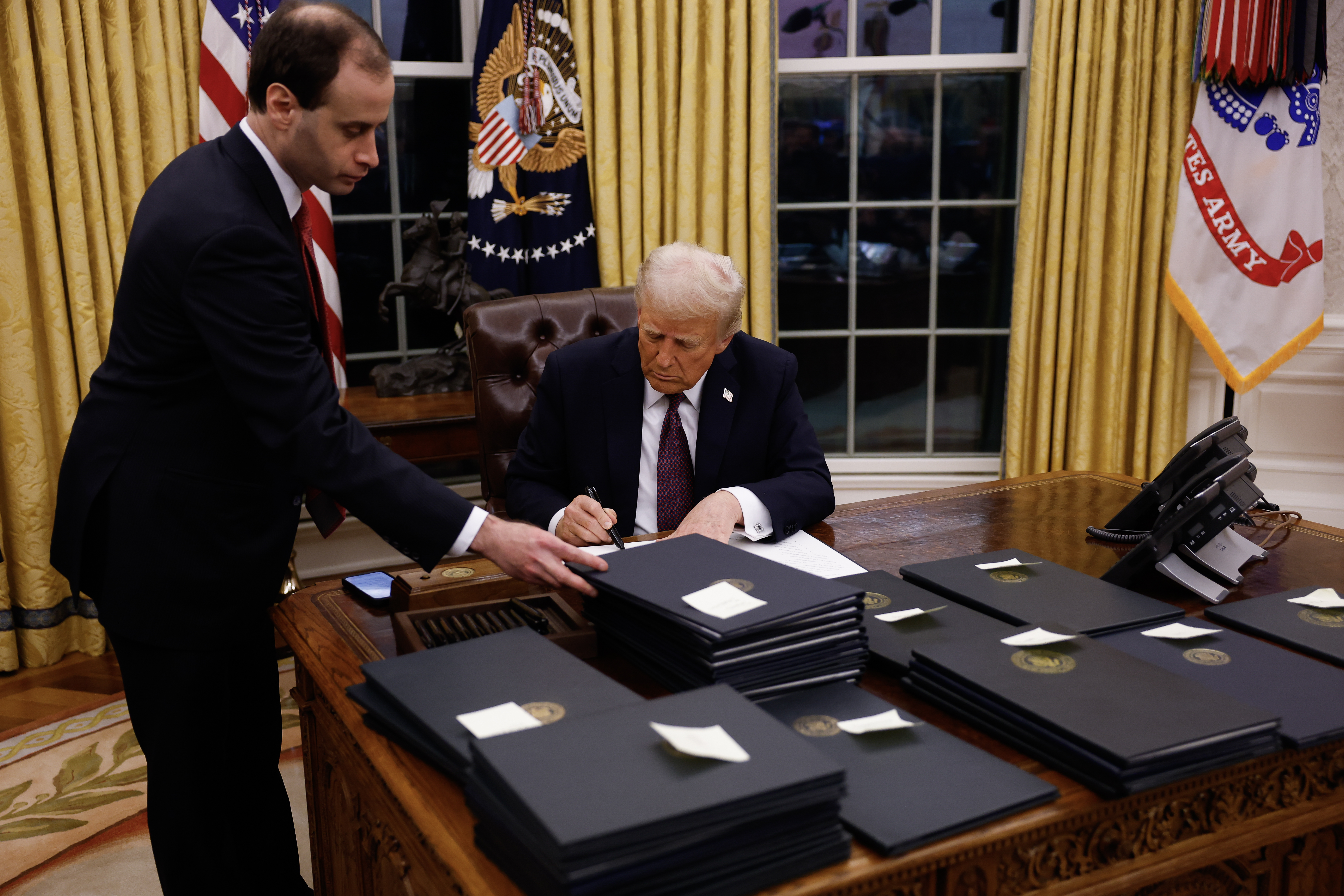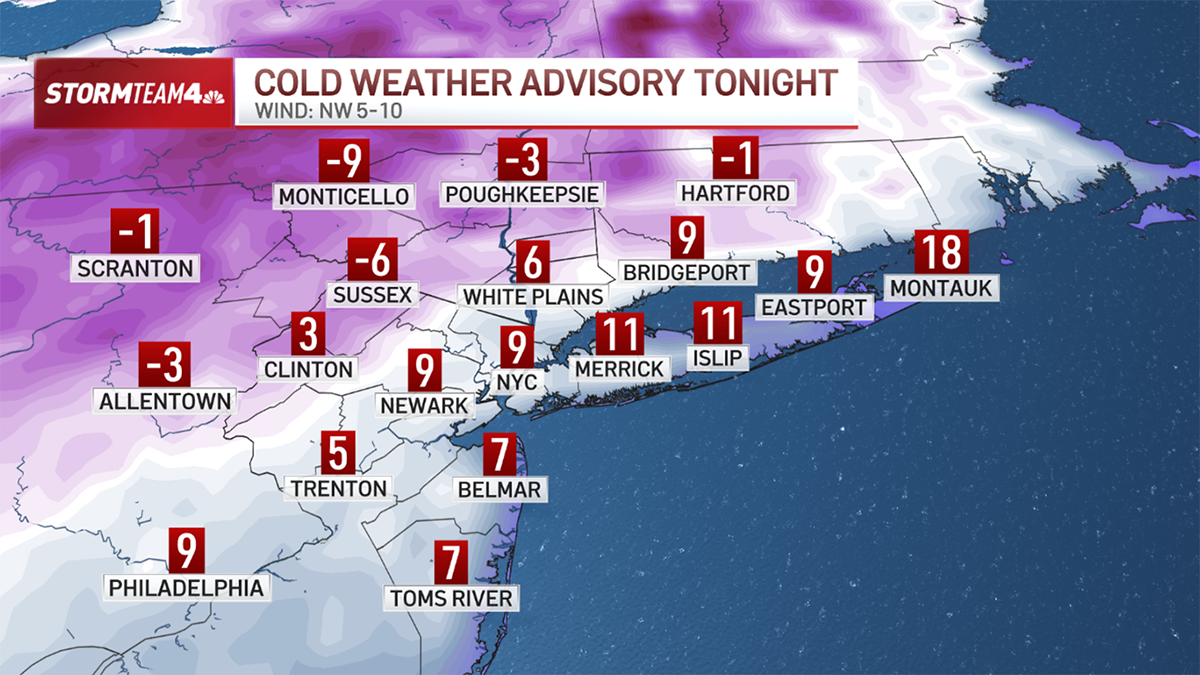Monday marks a big day in New York’s road to recovery as some 80,000 municipal workers return to in-person work and Gov. Andrew Cuomo readies the return of around-the-clock subway service. NBC New York’s Tracie Strahan and Gaby Acevedo report.
What to Know
- City Hall wants to help its employees get to work safely by offering a commuter buddy program to those who ride public transportation
- The program, offered right now to City Hall employees, is said to expand to other city agencies in the coming weeks
- As the MTA prepares to open up the subways for 24/7 service once again, the heads of the city, state, and MTA have offered differing perspectives on the state of the transit system and the best path toward curbing violence
With subway safety concerns on the rise, City Hall wants to help its employees get to work safely by offering a commuter buddy program as tens of thousands of municipal workers return to in-person office work.
The newly introduced voluntary program lets staffers sign up to be paired with a colleague who shares a similar commute on the city's public transit system. The program, offered right now to City Hall employees, is said to expand to other city agencies in the coming weeks.
“Our mission is to make New York City safer for everyone; that’s why we have transit officers and mental health teams in the subway system, and that’s why we’re spearheading this effort to make our colleagues feel comfortable after a year away from the office," Mitch Schwartz, a City Hall spokesperson, told NBC New York.
Get Tri-state area news delivered to your inbox. Sign up for NBC New York's News Headlines newsletter.
The program was first offered to city employees one week ago through an email announcement made ahead of the mandated return of an estimated 80,000 municipal workers to in-person office work, the Wall Street Journal reported.
As the MTA prepares to open up the subways for 24/7 service once again, the heads of the city, state, and MTA have offered differing perspectives on the state of the transit system and the best path toward curbing violence.
“Let’s get real. Let’s tell people it’s safe because it’s safe, and it’s part of our recovery as part of how we come back. The more people go back to the subway the safer will be the stronger the recovery will be," Mayor Bill de Blasio said last week.
News
A violent attacker who allegedly stabbed a musician and pushed his wife down a set of stairs at a Bronx subway station was the latest in a string of attacks on subway riders and workers. Another attack left a train conductor hospitalized in critical condition, with calls for the city to "do something" growing louder in recent weeks.
Numbers from the NYPD show while overall subway crime is down this year, felony assaults are up 20 percent this year compared to last. The MTA has asked for the police department to deploy 4,300 cops in the subway system. That’s the level of cops that were in the system when the NYPD took over the transit police in the 90s
"I believe people are anxious when they're now in the subway system. It is irrefutable that there are serious crimes in the subway system," Cuomo said Monday. "I think the answer is more police."
New York City Transit Interim President Sarah Feinberg, who joined the governor to announce eight new pop-up vaccination sites at a handful of MTA stations, was in agreement with Cuomo.
"The mayor has said he doesn't think additional policing is necessary and the vast majority of our customers and certainly our leadership and certainly our customers who we hear from are saying they absolutely want a more significant police presence, a uniformed presence and mental health resources," Feinberg said.



